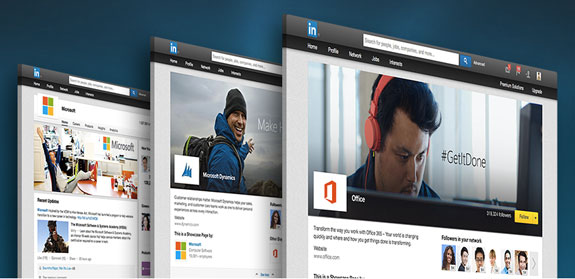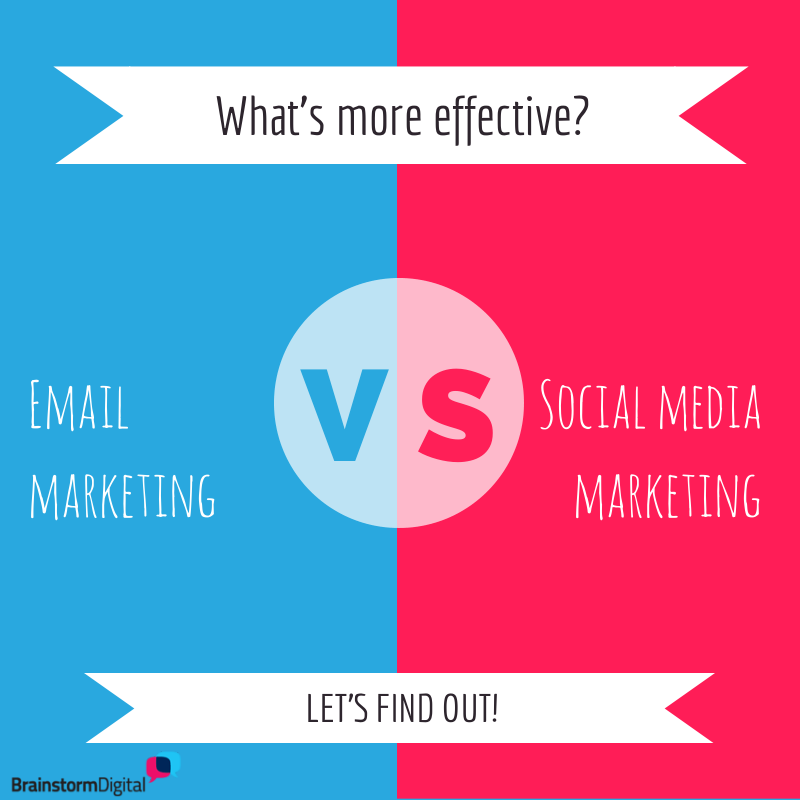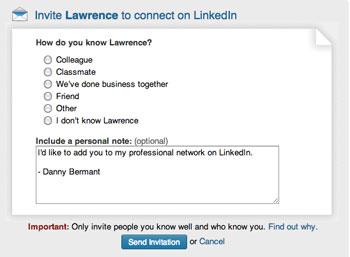How Pharma can ditch jargon on social media
If I told you that my company “uses its capability in proprietary logic-based machine learning and chemoinformatics (INDDEx™), based on the patented SV-ILP method (Patent number 8126823), to undertake drug discovery programmes for its clients,” would you have a clue what I was talking about – at least before reading that sentence three times? Quite…









 Last month, Diana Mekota, a young American job
Last month, Diana Mekota, a young American job
 Is Pharma getting too excited about social media?
Is Pharma getting too excited about social media?
 Why does some content go viral – while other, possibly equally good content, languishes unnoticed?
Why does some content go viral – while other, possibly equally good content, languishes unnoticed?
 Why do companies start a social media programme? In many cases, it is because they are very aware that their competitors are already doing it, and that they risk falling behind.
Why do companies start a social media programme? In many cases, it is because they are very aware that their competitors are already doing it, and that they risk falling behind.